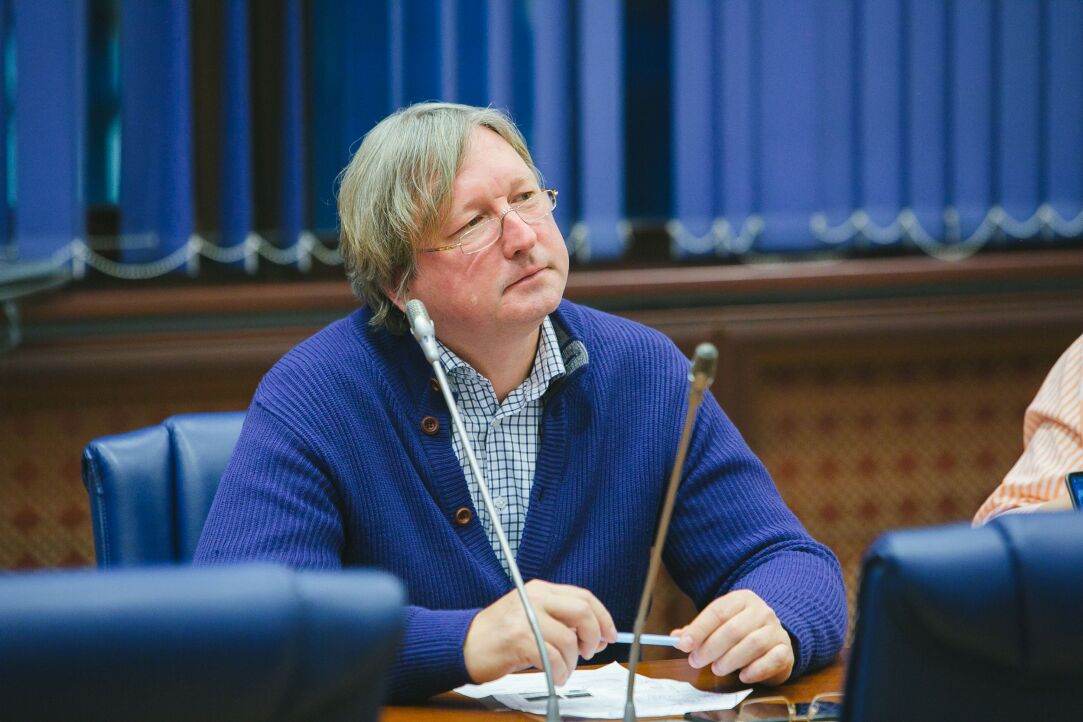
HSE University Hosts Russia’s First Doctoral Defence in Cognitive Science
Vasily Klucharev, HSE professor and Leading Research Fellow at the Institute for Cognitive Neuroscience, successfully defended his doctoral dissertation in cognitive science. This was the first doctoral dissertation in this discipline in Russia.
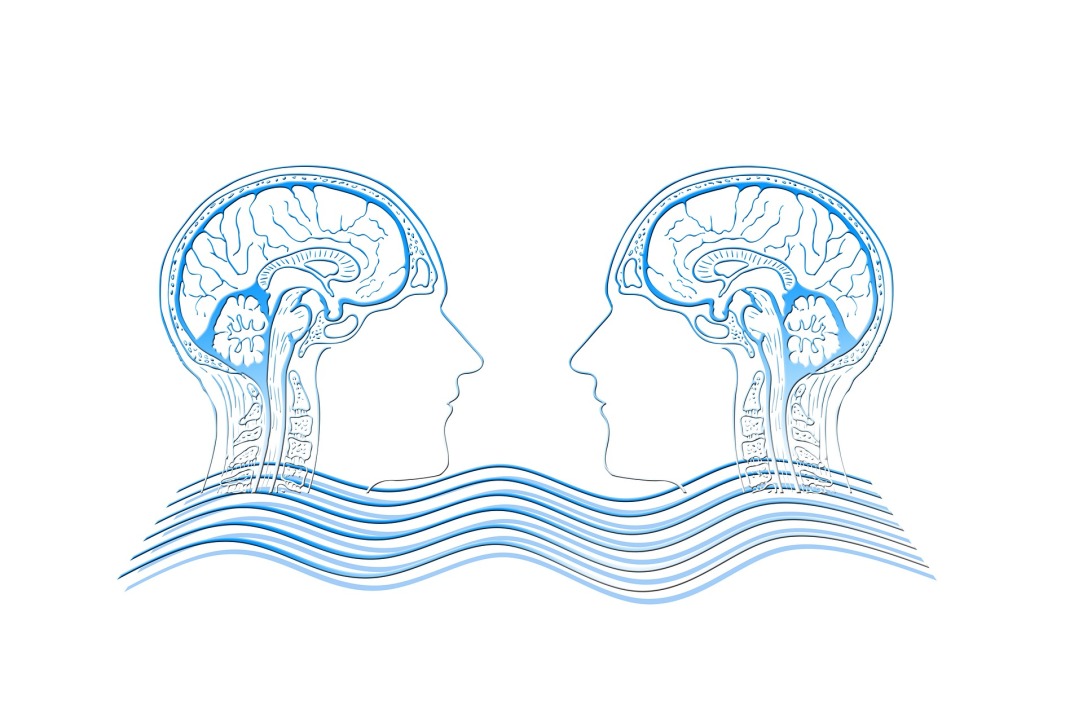
The 2nd International Conference on Social Neuroscience in Ecologically Valid Conditions was held
The online conference was devoted to the latest global advances in social neuroscience using naturalistic stimuli. Leading Russian and foreign scientists participated in the online conference.

Russian Researchers Propose New Approach to Studying Facial Emotion Recognition
Researchers of the HSE University and the Southern Federal University (SFedU) have tested a new method for studying the perception of facial emotional expressions. They suggest that asking subjects to recognise emotional expressions from dynamic video clips rather than static photographs can improve the accuracy of findings, eg in psychiatric and neurological studies. The paper is published in Applied Sciences.

Two Worlds of Residents: Car Owners Look at Shared Urban Courtyards Differently from Pedestrians
Researchers from HSE University and St. Petersburg State University of Architecture and Civil Engineering (SPSUACE) used eye tracking to study how residents who own cars and those who don’t look at the shared courtyards of multistorey apartment buildings. The study was published in Urban Forestry & Urban Greening.
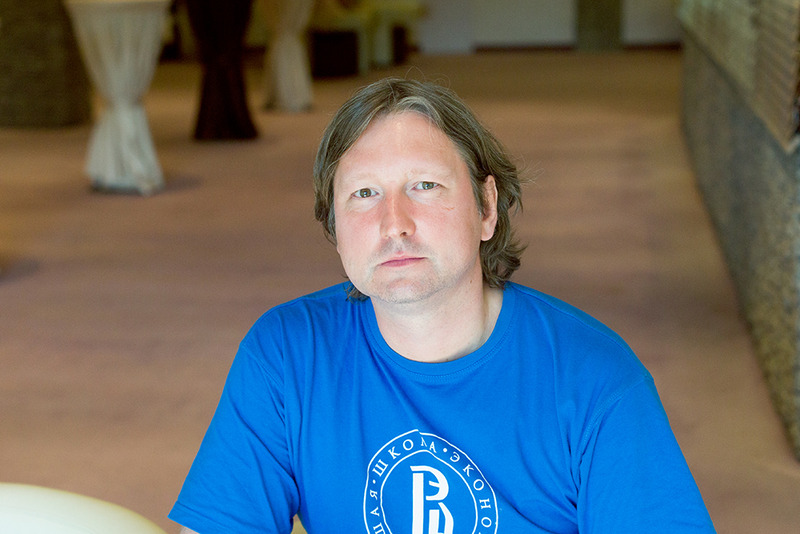
International Laboratory of Social Neurobiology to Look at How Fake News Affects Human Behaviour
The mega-grant allocated by the Russian government to the International Laboratory of Social Neurobiology, has been extended for 2022-23. The laboratory was founded two years ago and is headed by Iiro Jaaskelainen, a leading neurobiologist from Finland. Laboratory Head Vasily Klucharev spoke to the HSE News Service about the results the lab has already achieved and the prospects for the next two years.
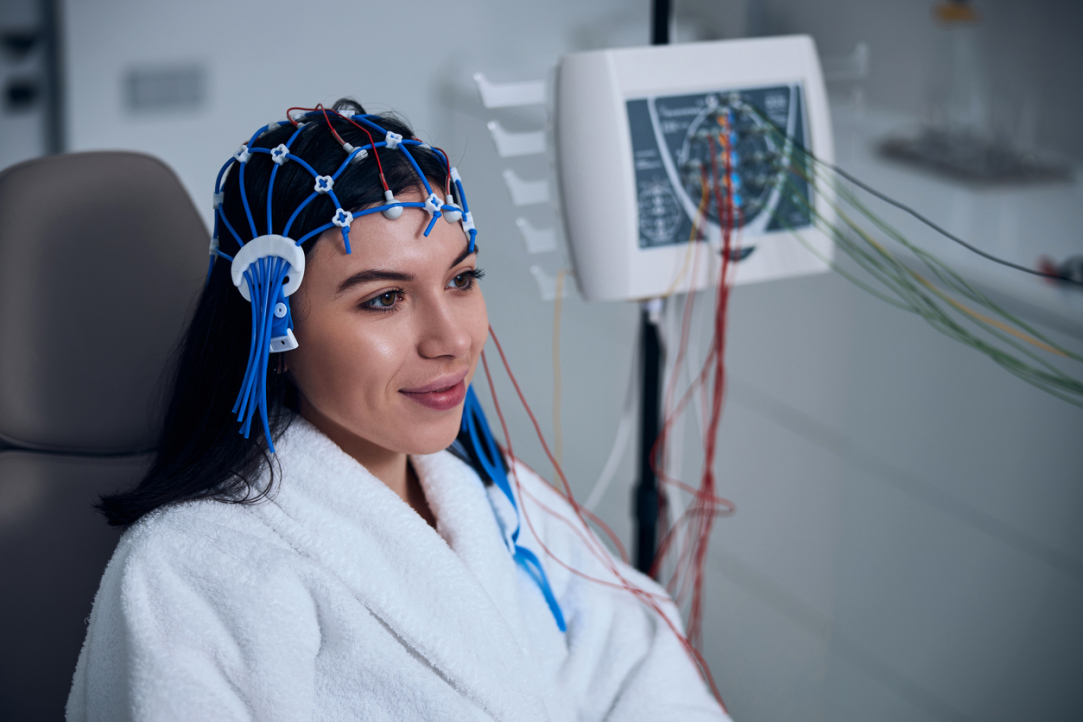
Readiness to Punish Others for Selfish Behaviour Explained by Functional Brain Connections
The stronger the functional brain connections, the less inclined someone is to punish others for unfair behaviour. This conclusion was reached by HSE researchers following a neuroimaging experiment. Their paper ‘Wired to punish? Electroencephalographic study of the resting-state neuronal oscillations underlying third-party punishment’ was published in the journal Neuroscience.
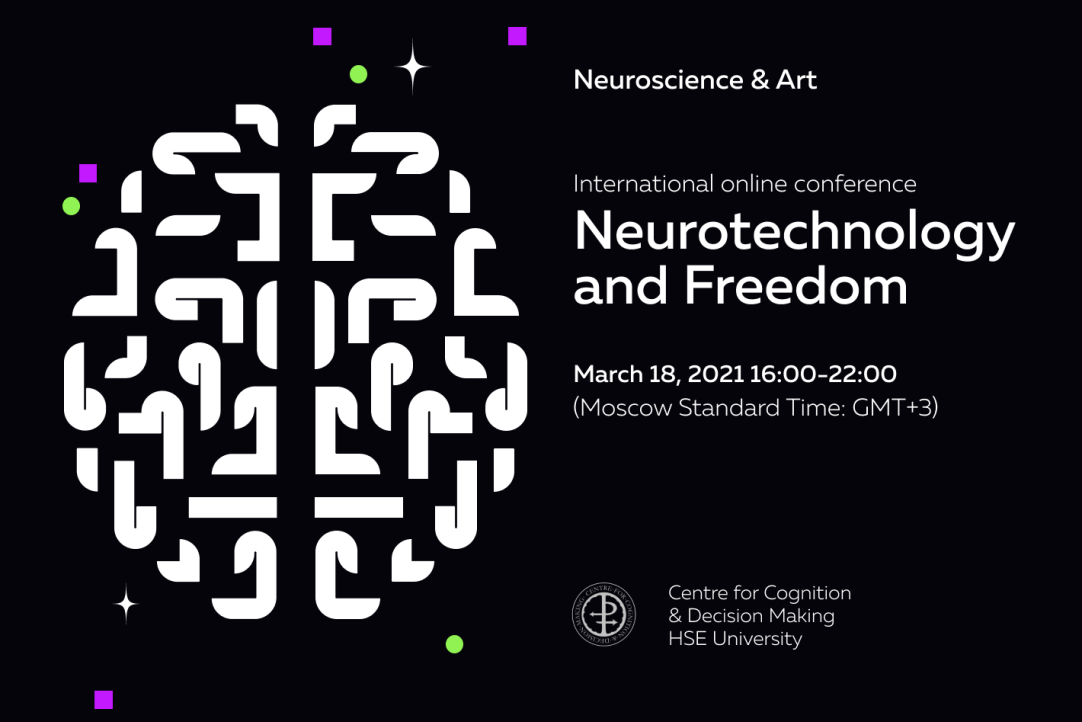
Neurotechnology: The Decline of Freedom or New Horizons for Human Development?
On March 18, HSE University will host the international Neurotechnology & Freedom Conference, which will be held online. In an exchange with HSE News Service, Vasily Klucharev, director of the Institute for Cognitive Neuroscience and tenured professor at HSE University, discussed what views on the compatibility of these two concepts exist in modern science and art.

Can the Brain Resist the Group Opinion?
Scientists at HSE University have learned that disagreeing with the opinion of other people leaves a ‘trace’ in brain activity, which allows the brain to later adjust its opinion in favour of the majority-held point of view. The article was published in Scientific Reports.

Losing Money Multiple Times Causes Plastic Changes in the Brain
Researchers at the HSE Institute for Cognitive Neuroscience have shown experimentally that economic activity can actively change the brain. Signals that predict regular financial losses evoke plastic changes in the cortex. Therefore, these signals are processed by the brain more meticulously, which helps to identify such situations more accurately. The article was published in Scientific Reports.
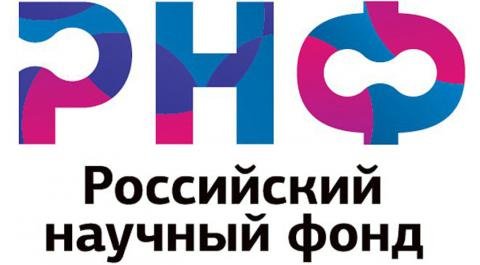
Congratulations to our colleagues on their victory in the RSF grant competition!
International Laboratory for Social Neurobiology, Institute of Cognitive Neurosciences, Higher School of Economics, together “H.Turner National Medical Research Center for Сhildren's Orthopedics and Trauma Surgery” of the Ministry of Health of the Russian Federation won the contest of grants of the RSF for conducting interdisciplinary projects.
